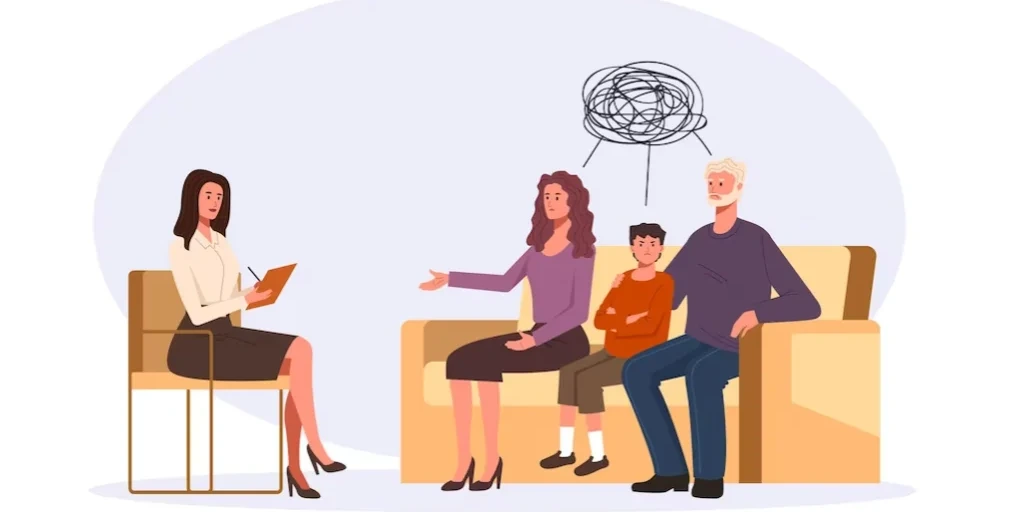24/7 Helpline:
(866) 899-111424/7 Helpline:
(866) 899-1114
Learn more about Eating Disorder Treatment centers in Union
Eating Disorder Treatment in Other Cities

Other Insurance Options

Aetna

GEHA

Horizon Healthcare Service

Highmark

MHNNet Behavioral Health

Amerigroup

PHCS Network

Private insurance

Magellan

BHS | Behavioral Health Systems

BlueCross

WellCare Health Plans

Optima

United Health Care

Magellan Health

Health Net

Oxford

Ambetter

Premera

Cigna

Woodlands Behavioral Healthcare Network
Woodlands Behavioral Healthcare Network works with individuals, families, and the community to inspi...






















































































